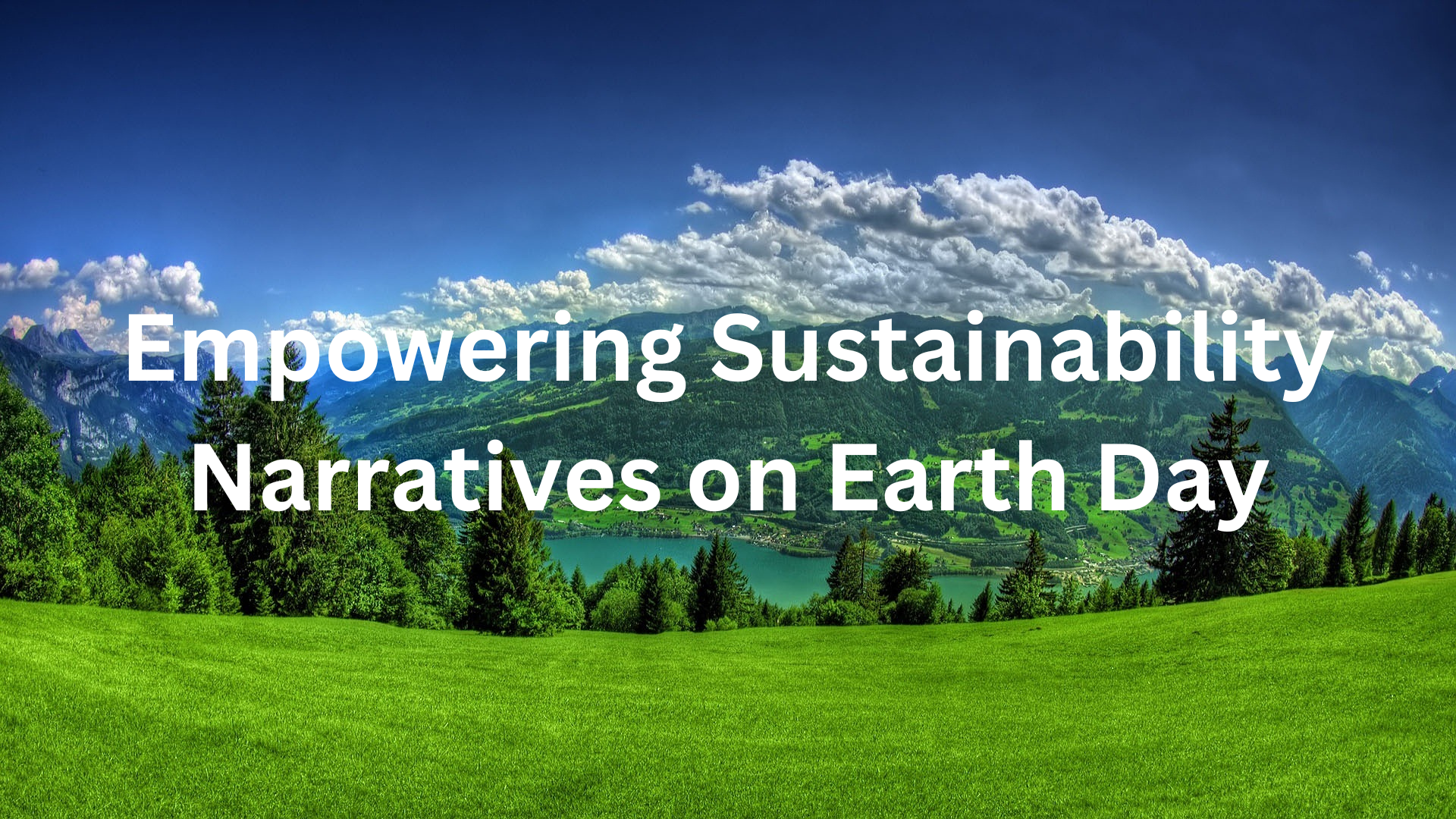By Anneliese Palmer
1. Inclusive Storytelling: Last week at the Planet Forward Summit, I heard from the media community, early career journalists, filmmakers, and reporters; and from undergraduate and graduate students in a variety of majors. The journalists and storytellers are embracing a participatory approach, shifting the lens from merely describing problems to exploring how people are actively trying to address them. By asking "what is possible" rather than solely focusing on "what is wrong," storytellers involve frontline communities and individuals directly impacted by climate change in crafting narratives. This approach not only gives voice and platform to those affected but also fosters a deeper understanding of solutions and inspires action.
2. Significant Progress in Climate Action: Despite the looming threat of climate change, we’ve made remarkable progress in combating it. Advances in climate-friendly technologies, such as wind and solar power becoming the cheapest electricity sources and the mainstream adoption of electric cars, showcase tangible strides towards a sustainable future. USA Today included their roundup of optimism for Earth Day while also acknowledging our existential threat from climate change. I thought the optimism is timely because the 2024 Planet Forward Summit was full of positivity. Optimism is the magnet of progress; climate doom is out.
3. Historical Successes in Environmental Challenges: We have a track record of successfully addressing major environmental issues. I remind my students that Rachel Carson virtually changed the world with her storytelling in Silent Spring, which led to the banning of DDT, and governments came together to heal the ozone layer through international agreements like the Montreal Protocol. We’ve reduced acid rain, demonstrating our capacity to overcome seemingly insurmountable challenges.
Highlight historical successes in combating environmental challenges. This can serve as a powerful educational tool for the public. It demonstrates the effectiveness of collective action and inspires confidence in addressing pressing issues like climate change, biodiversity, and resilience. By showcasing past achievements, storytellers can empower audiences, particularly those who are worried about climate change, to take meaningful action. This approach resonates with both the Alarmed and Concerned groups, according to Ed Maibach’s research at George Mason University’s Center for Climate Change Communication, and provides young people with examples of solutions, responses, interventions, and inventions; and encourages them to engage in similar efforts.
4. Positive Trends in Carbon Emissions: Yes, we’ve increased global temperatures and yes, this will cause devastating effects for humans and the environment around us. While global carbon dioxide emissions have reached record highs, emissions will peak soon; experts say we have the next decade to take action. Clean energy technologies cost less and people are adopting renewables worldwide and how we use energy is shifting.
5. Community and Collaboration: The climate crisis is complex and the stories about the issues require framing and narratives that are equally complex and include a wide array of disciplines and perspectives. By seeking input and collaboration from peers, colleagues, and experts from various fields, the stories we hear about solutions and responses to climate change will become more well-rounded, accurate, and resonate with a range of audiences, including those who may not typically engage with climate-related content. Bring in music. Bring in art. Bring in new voices. This collaborative effort enhances the effectiveness and credibility of sustainability storytelling, fostering greater understanding and urgency of the moment.
Anneliese (Lisa) Palmer is Journalist in Residence at the GW Alliance for a Sustainable Future. She is a Research Professor of Science Communication at the Columbia College of Arts and Sciences and Senior Editor at Planet Forward.


